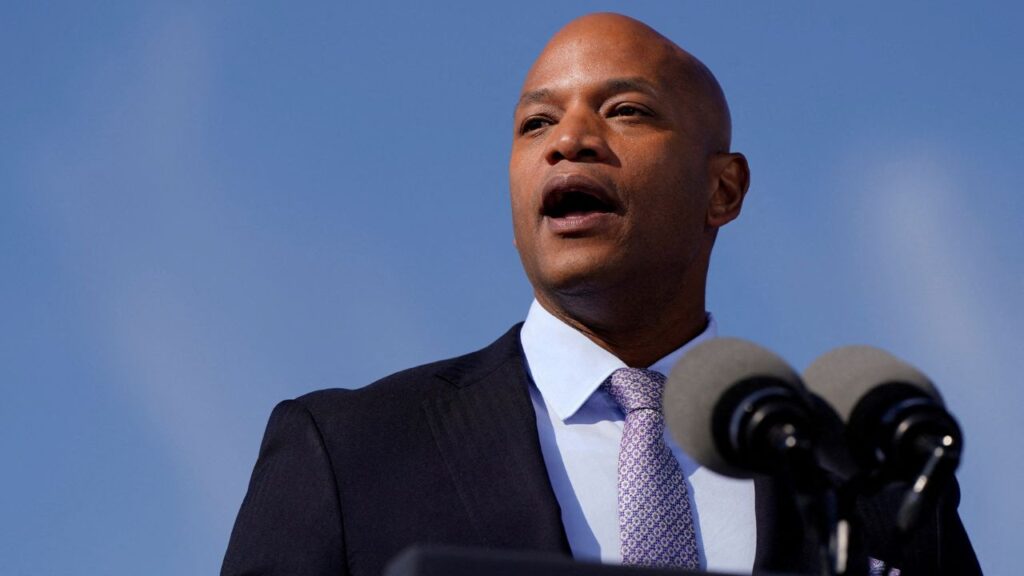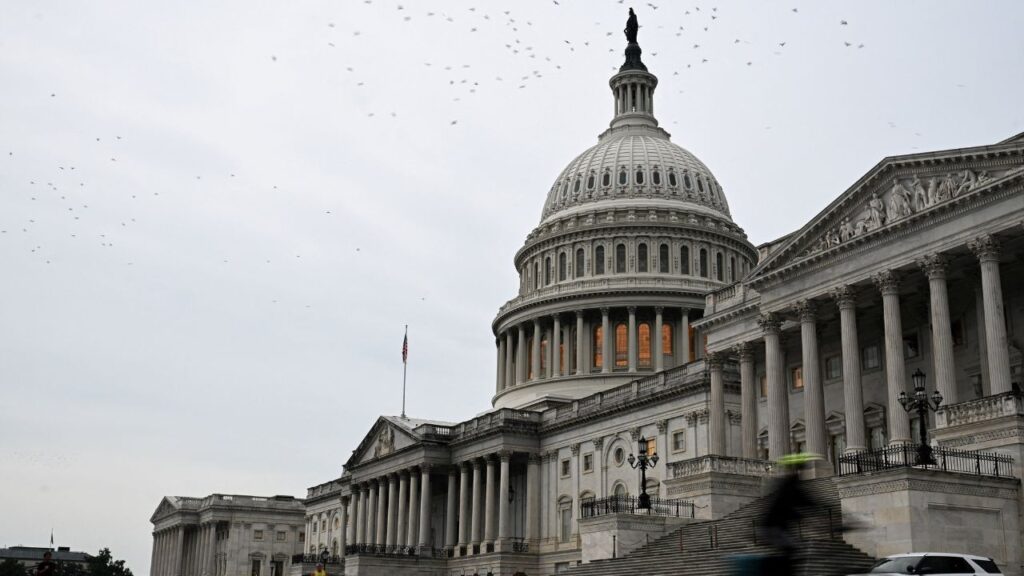Share
California’s elected leaders are enjoying the fruits of a go-go economy, with record surpluses and record spending on education. So, naturally, there’s talk of tax increases.

Opinion
Loren Kaye
Special to CALmatters
Californians have enjoyed nearly 10 years of economic growth, and one of the biggest beneficiaries has been the state budget.
Since the depths of the recession the state budget has increased by 82%. That’s more than $95 billion. Compare that to the recession years when governor and legislators were forced to cut tens of billions of dollars in spending.
Healthy reserves and more spending on schools: what could go wrong?
Plenty. What goes up will inevitably crash down. Gov. Gavin Newsom earlier this month pointed to economic “headwinds.”
A Thinly Veiled Effort to Raise Taxes
California’s state budget is notoriously volatile. The top 1% of earners pays nearly half of all income taxes. These taxes provide 70% of all general fund revenues. The Newsom administration forecasts that a moderate recession could reduce state revenues by $70 billion over three years.
A handful of elected officials and deep thinkers believe the answer to this volatility is to impose a new state sales tax on services. They say we need to “modernize” our state tax code. That means adding a sales tax to services like auto repair, accounting, attorneys, architects, advertising. And that’s just the “A”s.
My organization, California Foundation for Commerce and Education, dug into this claim, and asked Encina Advisors, led by Justin Adams, a Stanford-trained economist, to determine its validity. We found:
- A state sales tax on services would not meaningfully reduce budget volatility, no matter how you slice it. We looked at a variety of proposals that have been introduced in the Legislature in recent years and projected their impact on California’s budget revenue in future years. None of the proposals would have meaningfully reduced budget volatility.
- The primary driver of California’s budget volatility is the state’s reliance on the personal income tax. Unless lawmakers and voters commit to modifying the personal income tax rates, they’re not serious about addressing budget volatility.
We are inevitably led to conclude that, far from being an answer to budget volatility, a tax on services is merely a thinly-veiled effort to raise taxes and pull even more revenue into state government.
Finally, and most troubling, a sales tax on services would make California’s affordability crisis worse.
Talk of New Taxes Should Be Political Malpractice
We found that adding a sales tax on services would increase the costs to consumers and businesses of services they use every day from lawn care to lawyers, child care to morticians. Limiting the new sales tax to services purchased by businesses won’t shield consumers. Businesses will simply pass along those costs.
Worse, these added costs to businesses are baked into prices every time the product or service moves along the production chain, a dynamic called “pyramiding.”
We found that a 5% sales tax on business services would increase the cost of a typical new house by 3%, from $546,000 to more than $562,000. This comes from adding a tax to the contractors, attorneys, architects, real estate, mortgage financing and other services that go into the cost of a house.
The costs of building new schools or expanding or repairing infrastructure would be similarly boosted by a higher services tax.
With record budget surpluses, talk of new taxes should be political malpractice. Since a services tax doesn’t itself reduce budget volatility, dressing it up as a tax reform is like painting stripes on a donkey and calling it a zebra.
Loren Kaye is president of California Foundation for Commerce and Education, Loren.Kaye@CalChamber.com. He wrote this commentary for CALmatters, a public interest journalism venture committed to explaining how California’s Capitol works and why it matters.
Categories

Israel to Join Trump’s ‘Board of Peace’, Netanyahu Says

Instagram’s Top Exec Grilled over Safety Decisions at Trial

















